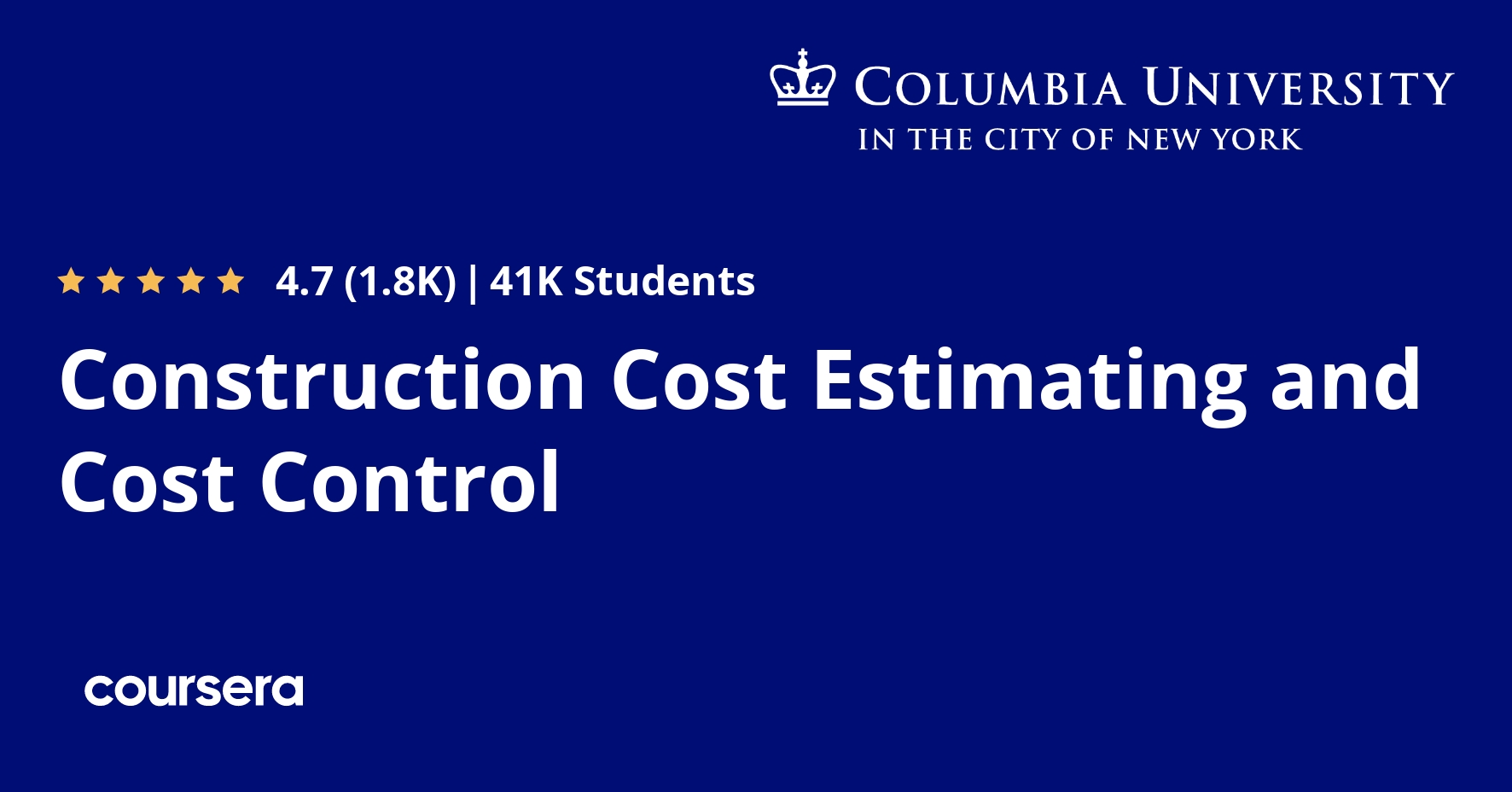Description
Urban school reform in the United States is characterized by contentious, politicized debate. This course explores a set of critical issues in the education and educational reform space, with a focus on aspects of the field that have sparked controversy and polarized views. We will dig into these debates, situating them within the larger history of public education and school reform, and considering the viewpoints, the evidence, and translation of issues into educational policy.
We will consider three broad topics in this course:
1. Federal Strategies in School Reform: How has the federal government legislated and incented public school reform?
2. School Choice: How does school choice aim to improve schools?
3. Accountability: What is the history of accountability in American public schooling? What are the policies and practices associated with accountability?
Learning Goals
This course will enable participants to:
1. develop an informed historical perspective about public schooling in the United States;
2. understand the unique contextual elements of the American approach to public schooling;
3. analyze and assess divergent viewpoints about American public school history and school reform policy.
Teachers may be able to receive continuing education credit for successful completion of this course. To earn continuing education credits students must purchase and earn the Course Certificate, which they can then submit to the credit-issuing agency in their state. Students should also fill out the requisite paperwork stating that the affiliated provider is the Graham School at the University of Chicago, and that average time for certificate-level course completion is 18 hours. Students outside of Illinois should contact their state’s accreditation board to determine whether this course is eligible for continuing education credit. Note that it is up to the schools or districts that employ teachers to decide whether this course meet their requirements.
What you will learn
American Public Education: Critical Issues & Historical Context
As we launch the course, we will explore the history of public schooling and school reform in the United States. The approach to public education in the United States is unique, with governance, quality, and approach residing at the state and local level. As a result, efforts to improve and reform public schools in the United States are complex. Together, we will unpack these critical foundational characteristics of American public schooling, and explore the ways in which these contextual factors influence topics explored throughout the course.
The No Child Left Behind Act
This week, we will examine federal strategies to improve public schooling, beginning with the No Child Left Behind Act (NCLB). NCLB is the 2001 reauthorization of the Elementary and Secondary Education Act. Enacted during the presidency of George W Bush, NCLB emphasized accountability, choice and flexibility. Discussion of the goals and intentions of NCLB will naturally lead us to consider the controversies around federal involvement in public education given the nature of the locally controlled approach to the American system. We will explore divergent opinions about NCLB theory of action and effectiveness.
The Common Core State Standards
As we continue our exploration of federal involvement in public education, we will discuss the Common Core State Standards (CCSS), the creation of a shared set of common standards and assessments for public education. We will examine the history of the creation of standards in the United States, revealing the fact that the concept of standards has been evident for decades. What can we learn from this history? How is the Common Core like or not like these previous efforts? We will consider the goals and intentions behind the Common Core, as well as the divergent opinions about its effectiveness.
Interlude 1: Interview and Panel Discussion on NCLB and CCSS
We had the pleasure of interviewing several experts in the education space from around Chicago and the Urban Education Institute. Listen as they discuss topics surrounding NCLB and CCSS. They will have a variety of perspectives from that of a researcher to a practitioner. Which do you identify with? Did any of the participants resonate with you?






